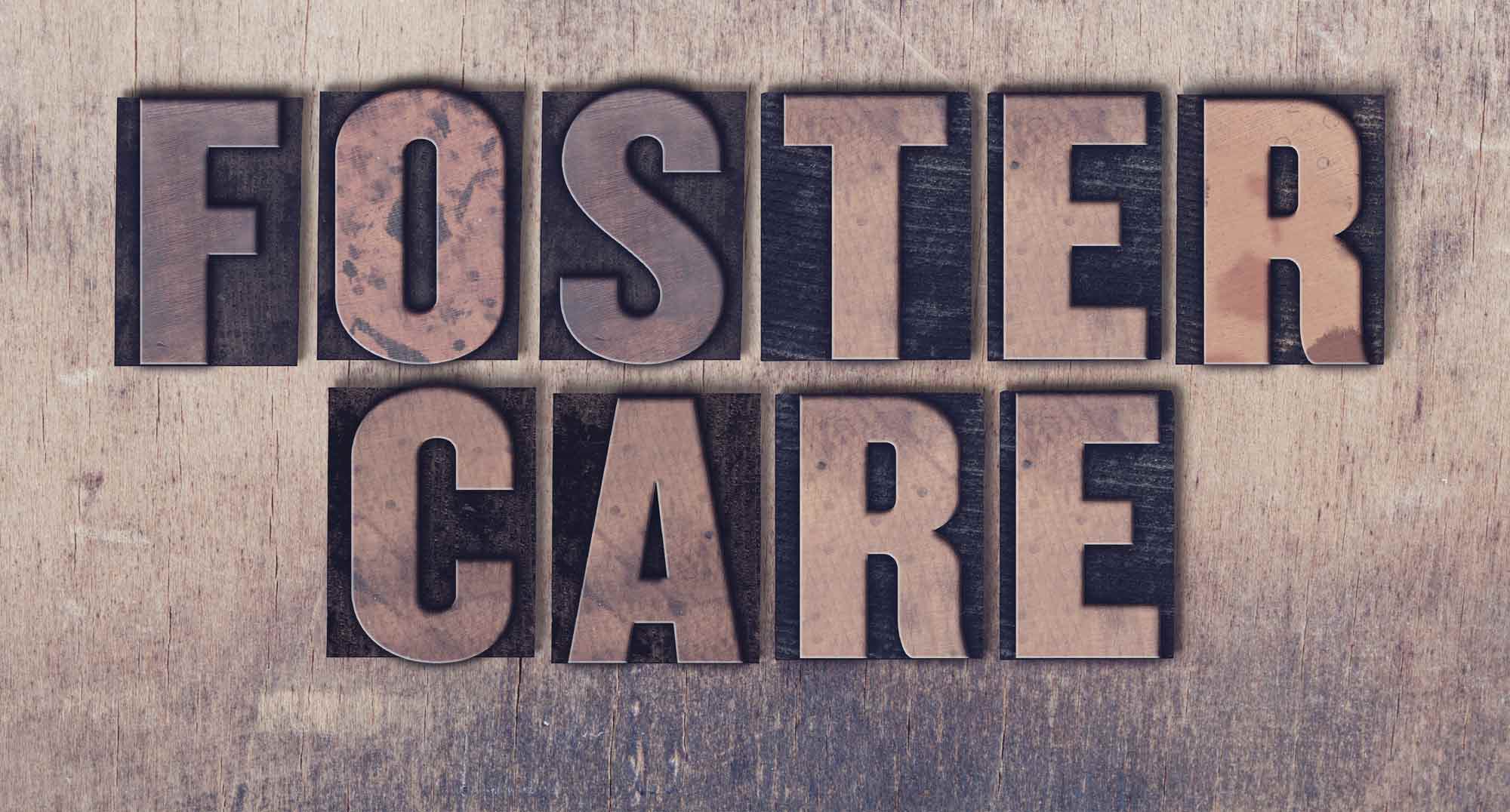SHEA PATRICK|GUEST
My family has been fostering for the last eight years now, and we have adopted two children out of foster care. I will be the first to tell you that I’m not an expert, nor do I have some official badge that allows me to speak on behalf of all foster parents. Every family’s situation and experience are vastly different. However, as I have been in foster parent groups or interacted with other parents who foster, I have heard common themes. I’ve heard similar stories. I’ve heard foster parents say things that the church needs to hear.
Three Things Foster Parents Want You to Know
We are not “good people.”
This statement is one of the things that I most often hear when people find out that we are foster parents. While it is a very sincere sentiment, it is not correct. In fact, fostering many times reveals more sin in my own heart — just like marriage and the parenting of biological children does. It is a truly sanctifying experience. We are sinners in need of a Savior just like the children that come into our home. We are not THE Savior and not THEIR Savior. Fostering is entering into brokenness, knowing that we are all broken by the effects of the Fall and our own sin. In fact, fostering is choosing to step into someone’s brokenness. Foster and adoption care is counter cultural in that you are choosing something that will break your heart and choosing not to protect yourself. Fostering is pointing these children to the only hope that any of us have in this life — Jesus Christ. So why do we do it? Because we know that Jesus will show up in power in these broken places, even as we seek to be the hands and feet of Jesus to these children (Matthew 25:40).
We get attached (and that is a healthy thing.)
This statement is probably the second thing that I hear most often. “I could never foster; I would get too attached.” I sometimes bite my tongue so I don’t curtly reply, “So you think we don’t get attached?!” We got our first placement, a five-week-old little boy, the day we got our foster license. I wrote in my journal that I hoped that we could care for him well until he was reunified with his parents or went to a family who was waiting on a child. I think it took a week before I changed to, “No one better come get this baby” (not a healthy attitude either). We fostered him for three years, and it was a daily challenge to open my hand and say, “Thy will be done” for this child. Make no mistake: There is pain involved when a foster placement ends after significant attachment has developed. But attachment is what these children need. Healthy attachment is a normal part of a child’s development and you cannot keep a child at arm’s length to protect your heart. The Lord taught me so much through this time of having to daily trust Him for the future of this child. Christians should be at the forefront of foster care because we have the hope of the gospel and the Lord walking with us. Fostering involves a deliberate choice, perhaps even a taking up of our cross, when we know we’re opening ourselves up to potential pain. We do it because we recognize that each child is created in the image of God and in need of care and compassion.
YOU are called to foster care and adoption also.
ALL believers are called to foster care and adoption. Don’t tune me out here saying, “that is not for me.” Everyone is called to foster care or adoption in some form. It is part of being “pro-life” and caring for all of life from “womb to tomb.” We are called in James 1:27 to care for the widows and orphans. The most hands on way to do so is to die to your comfort and sign up to foster a child. Foster parents are desperately needed, especially for teenagers.
Maybe you feel that you cannot actually care for a child in your home. That does not let you off the hook. Foster parents need the church to rally around them and their children to support them. Our church has brought many meals when we received placement of a new child. A retired schoolteacher tutors one of our foster children each week. Another friend takes him on Sunday afternoons to play with her kids, giving my husband and I time to recharge. Another of the ladies in our church purchases a suitcase for every single child that leaves our home, making sure they don’t leave with their stuff in the trash bag it came in. These are just a few ways that the body of Christ has participated corporately in fostering children.
Won’t you join us in loving these kids? Can you imagine how it would revolutionize foster care for every church to take an active role in a system that needs the power of Jesus? Consider one step that you can take as an individual, family, or church to care for these children and the families that are called to love and serve them.
About the Author:
Shea Patrick
Shea Patrick is a former Alabama lawyer, now SAHM living in Orangeburg, South Carolina. She and her pastor-hubby have four children, including two adopted from foster care. She serves as the Regional Advisor for the Mid-Atlantic Region. Shea loves live music, reading, and watching reruns of the Golden Girls and Designing Women. She loves her church, Trinity Presbyterian, and serves with the kids, music, missions, and women’s ministry.

